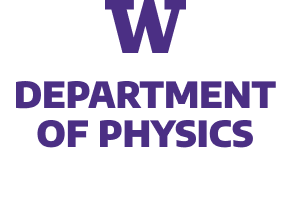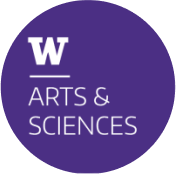Non-local magic and anti-flatness provide a measure of the quantum complexity in the wavefunction of a physical system. Supported by entanglement, they cannot be removed by local unitary operations, thus providing basis-independent measures, and sufficiently large values underpin the need for quantum computers in order to perform precise simulations of the system at scale. Towards a better understanding of the quantum-complexity generation by fundamental interactions, the building blocks of many-body systems, we consider non-local magic and anti-flatness in two-particle scattering processes, specifically focusing on low-energy nucleon-nucleon scattering and high-energy Moller scattering. We find that the non-local magic induced in both interactions is four times the anti-flatness (which is found to be true for any two-qubit wavefunction), and verify the relation between the Clifford-averaged anti-flatness and total magic. For these processes, the anti-flatness is a more experimentally accessible quantity as it can be determined from one of the final-state particles, and does not require spin correlations. While the MOLLER experiment at the Thomas Jefferson National Accelerator Facility does not include final-state spin measurements, the results presented here may add motivation to consider their future inclusion.
We would like to thank Krishna Kumar for enlightening discussions about MOLLER and other electron scattering experiments. We are grateful to the organizers and participants of the First and Second International Workshops on Many-Body Quantum Magic. This work was supported, in part, by Universitat Bielefeld (Caroline), and by U.S. Department of Energy, Office of Science, Office of Nuclear Physics, InQubator for Quantum Simulation (IQuS) under Award Number DOE (NP) Award DE-SC0020970 via the program on Quantum Horizons: QIS Research and Innovation for Nuclear Science (Martin). This work was also supported, in part, through the Department of Physics and the College of Arts and Sciences at the University of Washington. We have made extensive use of Wolfram Mathematica.


